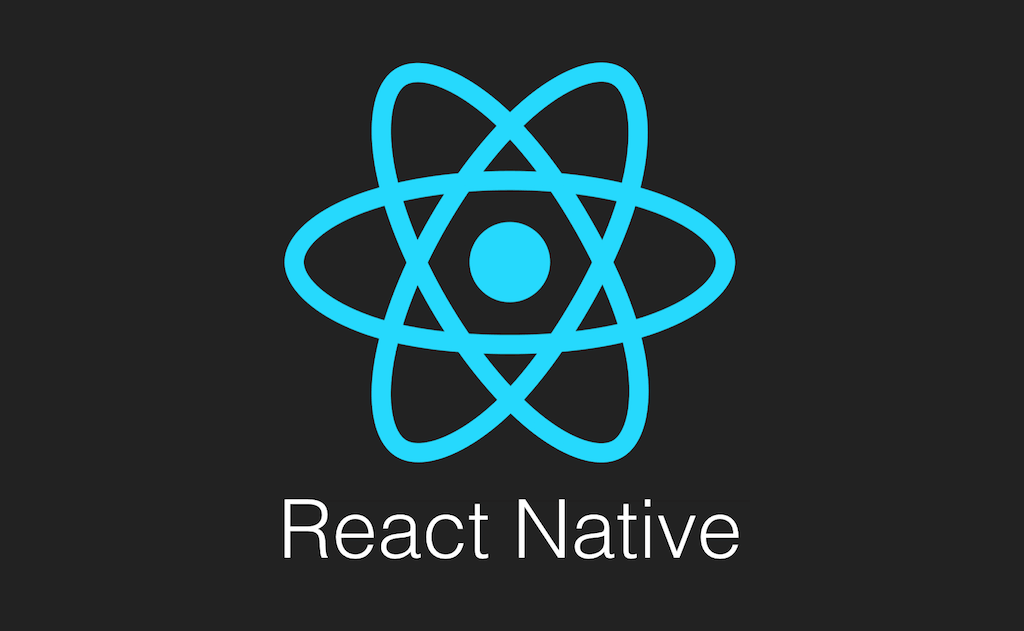
Getting started with react native
React Native is an open-source mobile application framework created and developed by Facebook, Inc. It is used to develop native applications for Android, Android TV, iOS, macOS, tvOS, web, windows and UWP (Universal Windows Platform).
It was first released in 2005 and since then lots of tech companies have used it to build their applications. Examples of such include Airbnb, Uber eats, Facebook, Instagram, etc.
React Native is cross-platform. This means that a developer can develop multiple applications for the various platforms using just a single codebase.
Advantages of React Native
- Saves Time and Money: Let’s say you want to build an app for your business and you need both the Android and iOS version. You don’t have to start looking for a professional of these specific platforms. With React Native you can comfortably create an app that will run on both platforms.
- Good Performance: React Native can be deployed for an already existing project, or you can create a whole new application from scratch.
- Conveyable: React Native makes it easy for you to move an app from one development framework to another. An example is exporting an app from React Native to Xcode or Android Studio.
- Hot Reloading: React Native offers “live reloading” or “hot reloading”, which enables you to immediately view the changes you have made to your application.

Latest tech news and coding tips.






